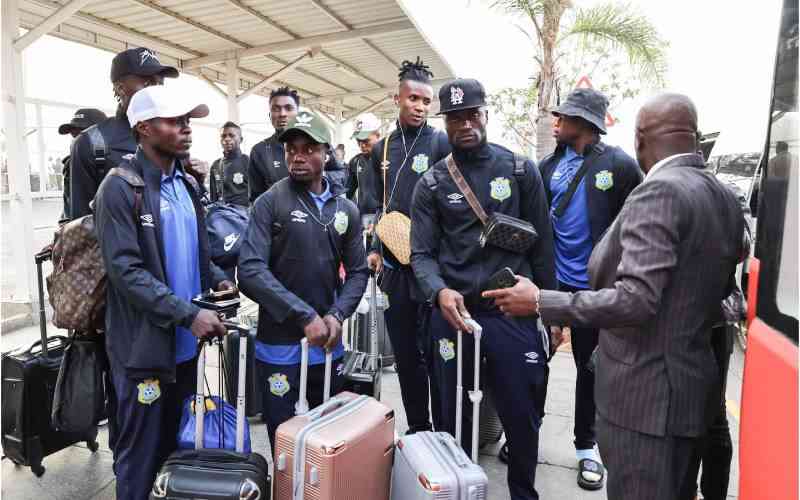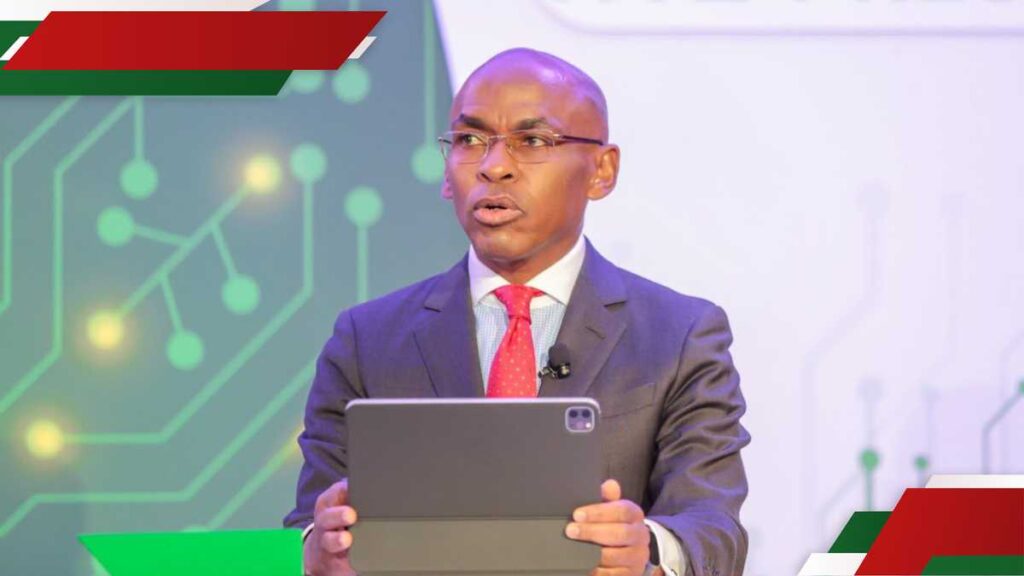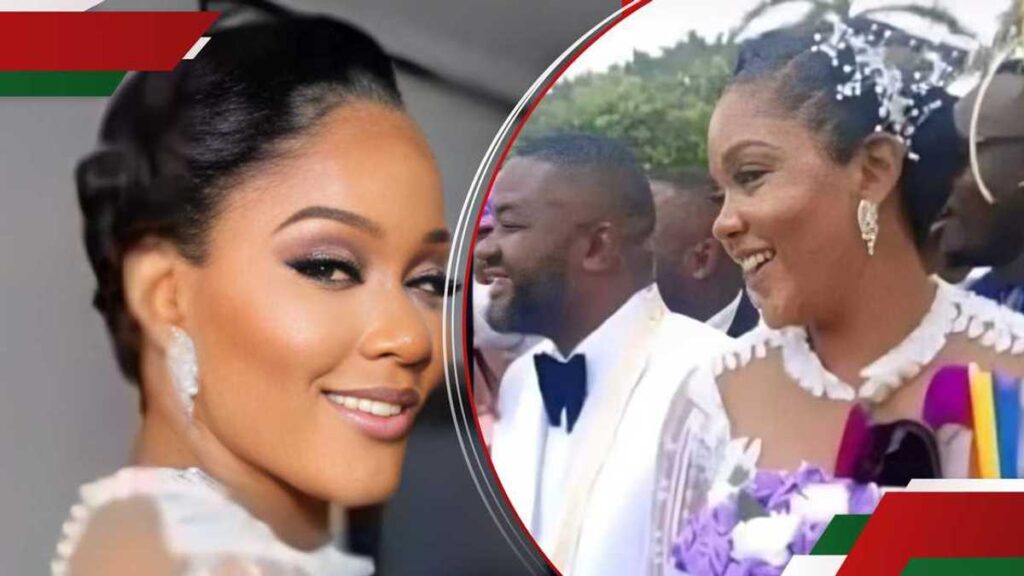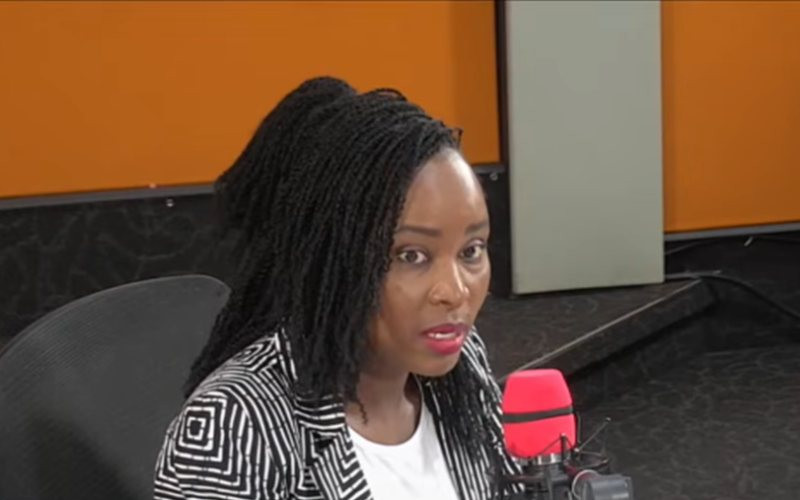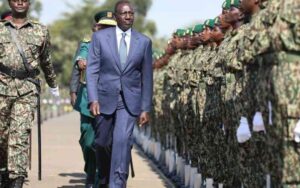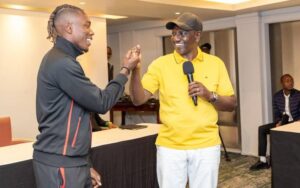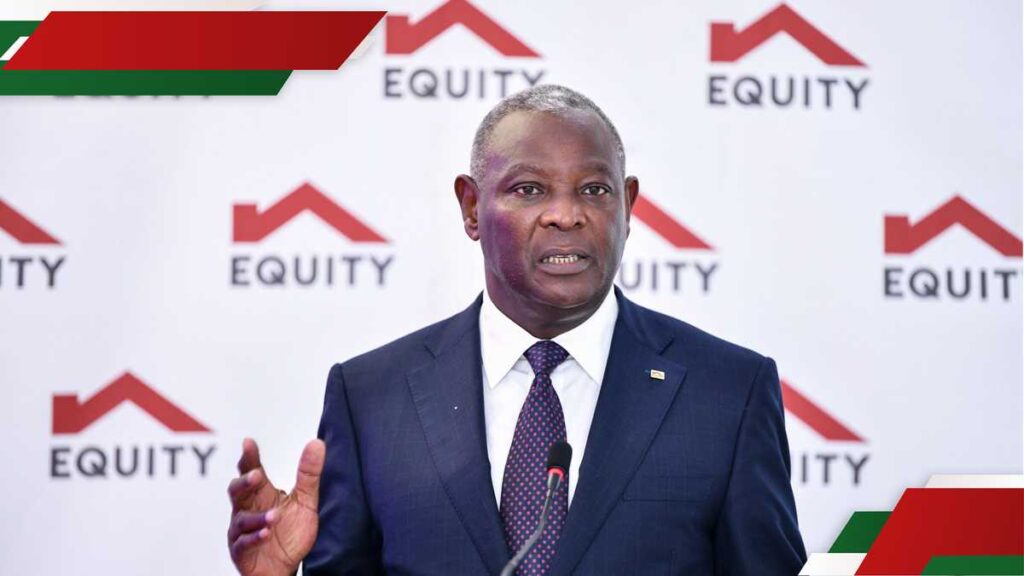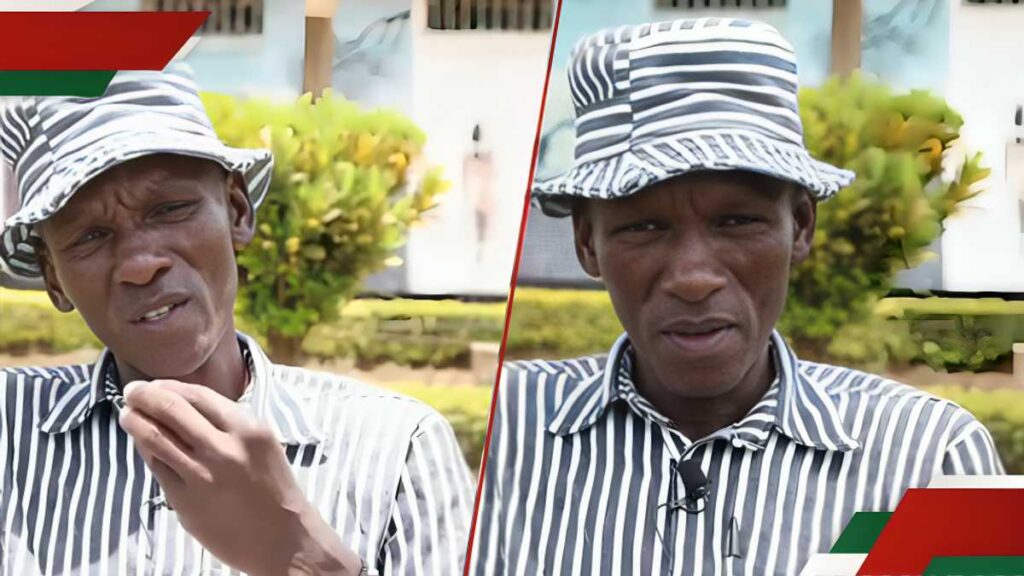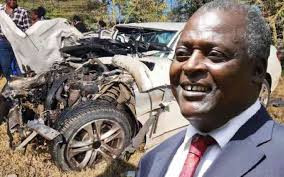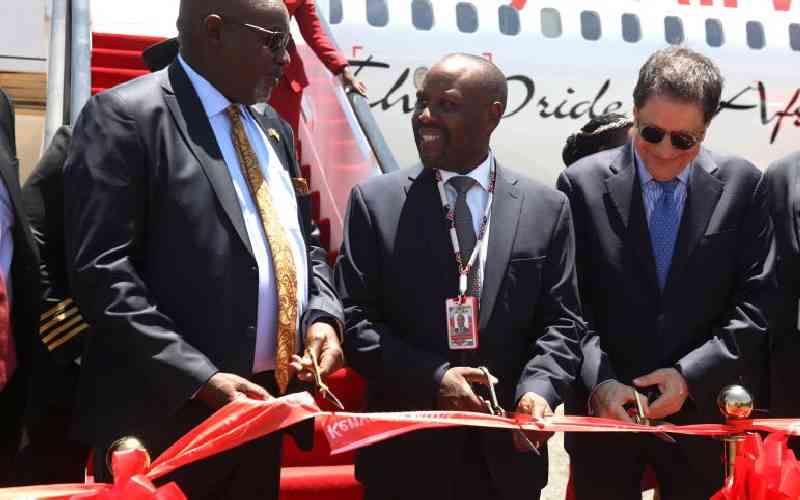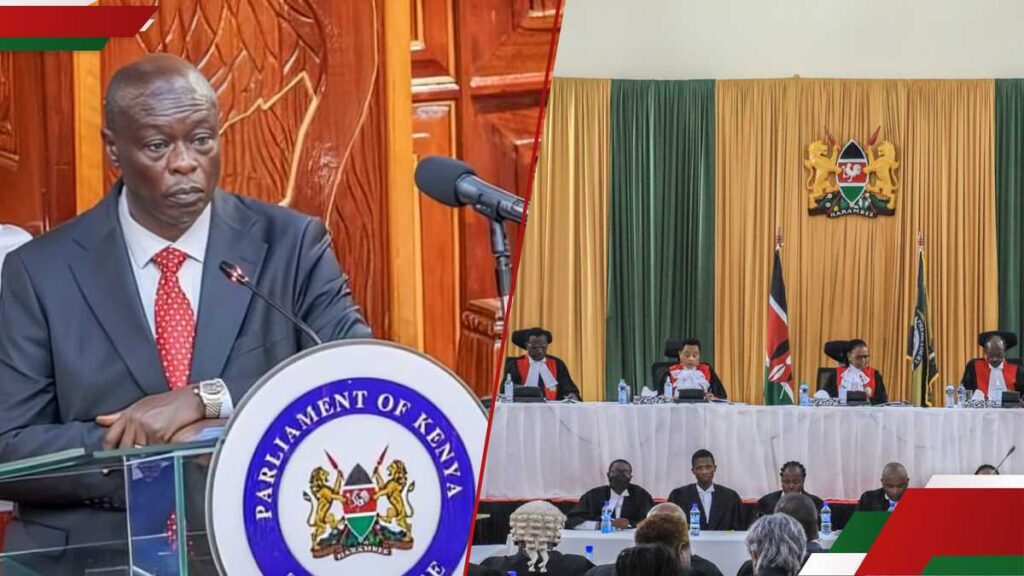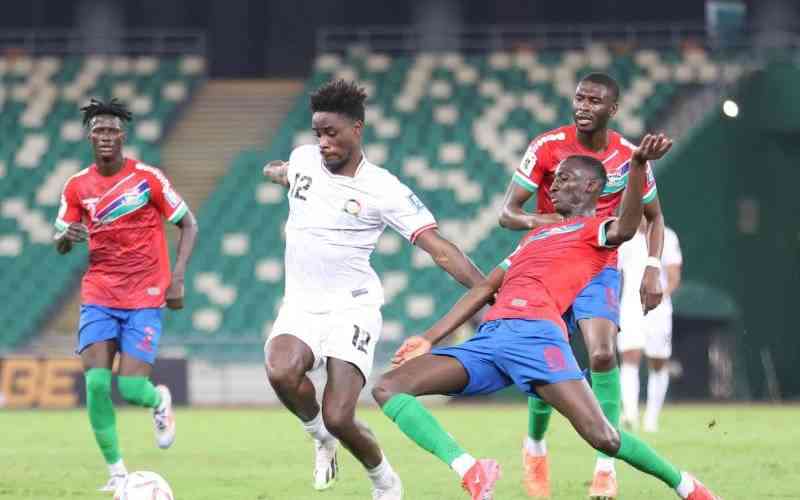The story of the DR Congo national football team fondly called Leopards, is one of rare pride, joy, and heartbreaking contradiction.
In a country burdened by decades of conflict, displacement and chronic poverty, football isn’t just a game, it’s a sanctuary and a symbol of unity in a nation fractured by war.
Their journey reflects the spirit of a nation battered but unbroken, talented but overlooked, yearning to turn applause into progress.
Even the Leopards’ soaring legacy often competes with the grim realities on the ground for the last three decades after rebel-held territories in the East which has left over 23 million facing hunger, and hospitals lacking basic supplies.
Leaders of two region blocs in East and Southern Africa have agreed to merge further peace process for the Democratic Republic of Congo.
Both East Africa Community chair President William Ruto and Southern African Development Community chair Emmerson Mnangagwa have been burning night oil to ensure peace returns to the oil rich country.
But in football, despite setbacks the DR Congo’s national football team the Leopards have shown resilience.
They claimed third place at AFCON 1998 and 2015 and have twice won the African Nations Championship (CHAN) in 2009 and 2016.
Coach Sébastien Desabre, appointed in 2022, has helped usher in a new era. Under his leadership, the team nearly qualified for the 2018 World Cup, drawing with Tunisia at home and falling just short in Tunis.
More recently, in 2024 and 2025, the Leopards have impressed drawing with Senegal, and recording crucial wins against Togo, Ethiopia, Tanzania, and Guinea in both FIFA and AFCON qualifiers.
In the latest FIFA World ranking, they were placed position 61 keeping their dreams alive after climbing two positions up carrying the weight of hope and aspirations of the country.
In the past, the team has a deep and decorated history. As Zaire, it became the first Sub-Saharan African team to play in the FIFA World Cup in 1974. That same year, they also lifted their second Africa Cup of Nations (AFCON) trophy, having previously won in 1968.
But off the pitch, challenges persist. Early this year, DR Congo was briefly suspended by FIFA due to government interference in its football federation. The ban cost them matches against Zambia and Tanzania, both awarded 3-0 victories by forfeit. A friendly against Niger was also abandoned due to disputes over the match location.
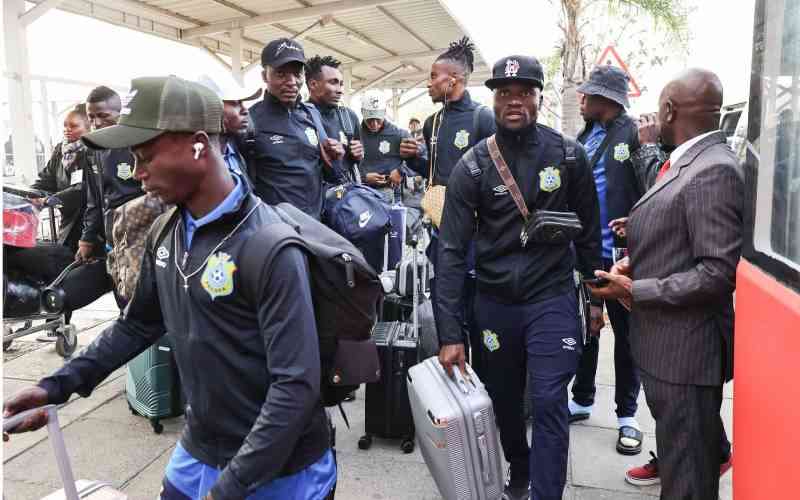
Stay informed. Subscribe to our newsletter
Yet, while the national team thrives, the country’s domestic football structure remains starved of support. Many Congolese clubs lack functioning pitches, and player salaries often go unpaid for months.
Amid it all, the government’s decision to invest about Sh2.6 billion in a sponsorship deal with FC Barcelona, placing “Visit Congo, Heart of Africa” on training kits has drawn sharp criticism.
The government hopes to rebrand DR Congo’s image globally, attract tourism, and spark investment. The deal also includes cultural exhibitions and youth sports programs.
Officials argue it’s not just a branding effort but a step toward long-term national recovery.
The national team keep roaring even with everything around them is burning, the Leopards remain a powerful force in African football and continue to claw their way up the rankings.
Will the team forget what is facing them back home and steal the show at the championship to the top as they meet Kenya’s Harambee Stars on Sunday who enjoy all the government support and peaceful training environment?








